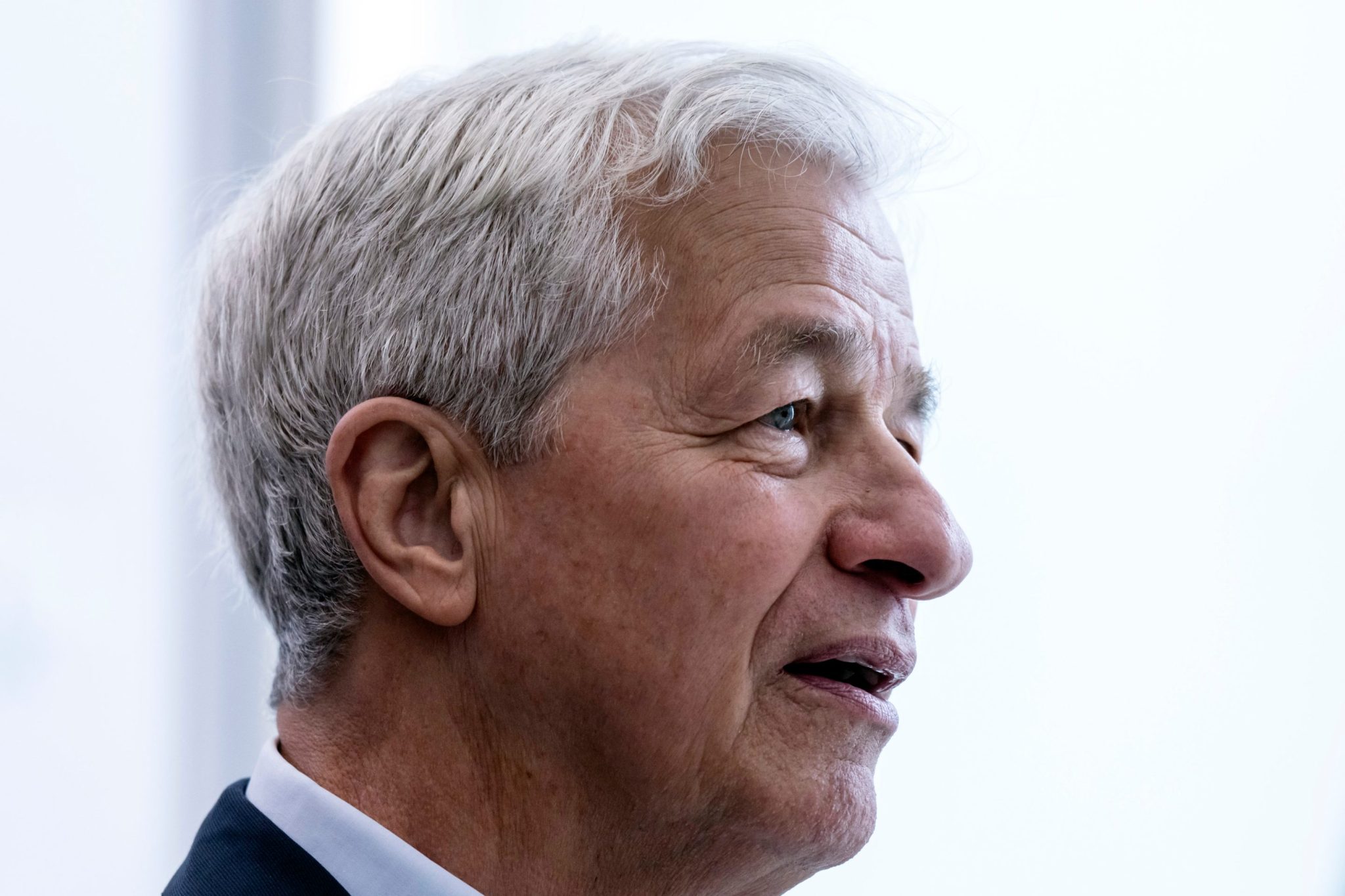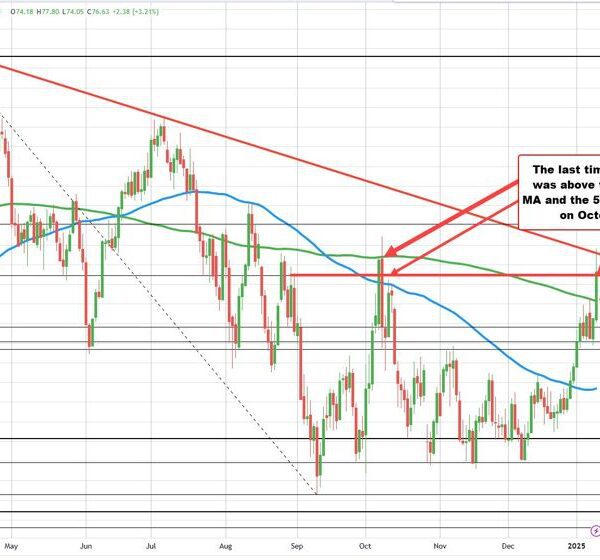
- Jamie Dimon reflects on the immense pressure and responsibility that comes with leading JPMorgan Chase, emphasizing that becoming CEO means having no one to defer to and bearing the full weight of decision-making. As the bank narrows its list of successors, Dimon’s insights into leadership underscore the formidable expectations awaiting his eventual replacement.
The top job at JPMorgan is one of the most coveted roles on Wall Street, and likely the highest profile. However, with great power comes great responsibility, and whoever takes on the role from Jamie Dimon will be under pressure that few people will ever experience.
Dimon, nicknamed the White Knight of Wall Street, shocked spectators last year when he announced that the timeline for his succession was no longer five years—the line he famously touted whenever asked.
Since then, a handful of familiar frontrunners have emerged (one has since dropped out), with Dimon signaling that running America’s biggest bank is no mean feat.
Previously, even the most seasoned executives at JP had Dimon to defer to in times of crisis, but when he moves on—potentially retaining the position of chairman—that safety net will be removed to a significant extent.
Moving into the CEO role changes two things, Dimon, who was paid $39 million for his work in 2024, said: “The first one is there is nobody to complain to.”
Second, there’s no longer a leadership fallback: “There is no tacit approval. It is your decision. It’s just different,” Dimon told The Economist in an interview.
“Heavy is the head that wears the crown,” he added.
There will also be a handful of qualities that Dimon and the board are looking for in his successor.
“There’s a work ethic; there’s people skills,” he began. “There’s determination. You better have a little bit of grit. There’s humility; there’s ability to form teams. There’s having courage. Constantly observing the world out there and thinking, ‘Well, what can be done better?’”
Dimon’s leadership tactics at JP, which has more than $3.4 trillion in assets under management (AUM) per its website, are well known.
He previously shared that he runs the bank using a military tactic known as the ‘OODA loop,’ explaining in his 2023 letter to shareholders: “The military, which often operates in extreme intensity of life and death and in the fog and uncertainty of war, uses the term ‘OODA loop’ (observe, orient, decide, act—repeat), a strategic process of constant review, analysis, decision-making, and action.
“One cannot overemphasize the importance of observation and a full assessment—the failure to do so leads to some of the greatest mistakes, not only in war but also in business and government.”
The Queens, New York native said he also looks to world-class athletes for leadership inspiration, telling The Economist: “Serena Williams, Tom Brady, Stephen Curry…. Look how they train, what they do to be that good. Very often, senior leadership teams, they lose that. Companies become very inward-looking, dominated by staff, which is a form of bureaucracy.”
Who is in the running to be the next JPMorgan Chase CEO?
While Dimon isn’t making any firm promises about when the next CEO might be named or who it will be, the bank has been transparent in its succession planning.
The financial giant has named the individuals it is considering in company filings, in a bid to smoothly transition leadership and warm shareholders up to the new face of the company.
In January, two of the candidates dropped out of the running.
The first was Daniel Pinto, who Dimon had named as his “hit by a bus” CEO, meaning the president and COO of the bank is equipped to step into the leadership role at any time if the current boss was incapacitated for any reason.
But in January, the man who has served as Dimon’s right hand for seven years announced he will be retiring in 2026.
A matter of hours later and Jennifer Piepszak, also named by JPMorgan as a potential successor, confirmed she will take Pinto’s place as COO and added she had no interest in the CEO title.
“Jenn has made clear her preference for a senior operating role working closely with Jamie and in support of the top leadership team, and does not want to be considered for the CEO position at this time,” JPMorgan spokesman Joe Evangelisti told CNBC. “She is deeply committed to the future of the company and our team and wants to help in any way she can.”
That leaves four names, all familiar faces to JP staffers. The first is Marianne Lake, CEO of consumer and community banking, as well as Mary Erdoes, CEO of asset and wealth management.
Troy Rohrbaugh, who leads the commercial and investment bank, is also on the roster.
This story was originally featured on Fortune.com















